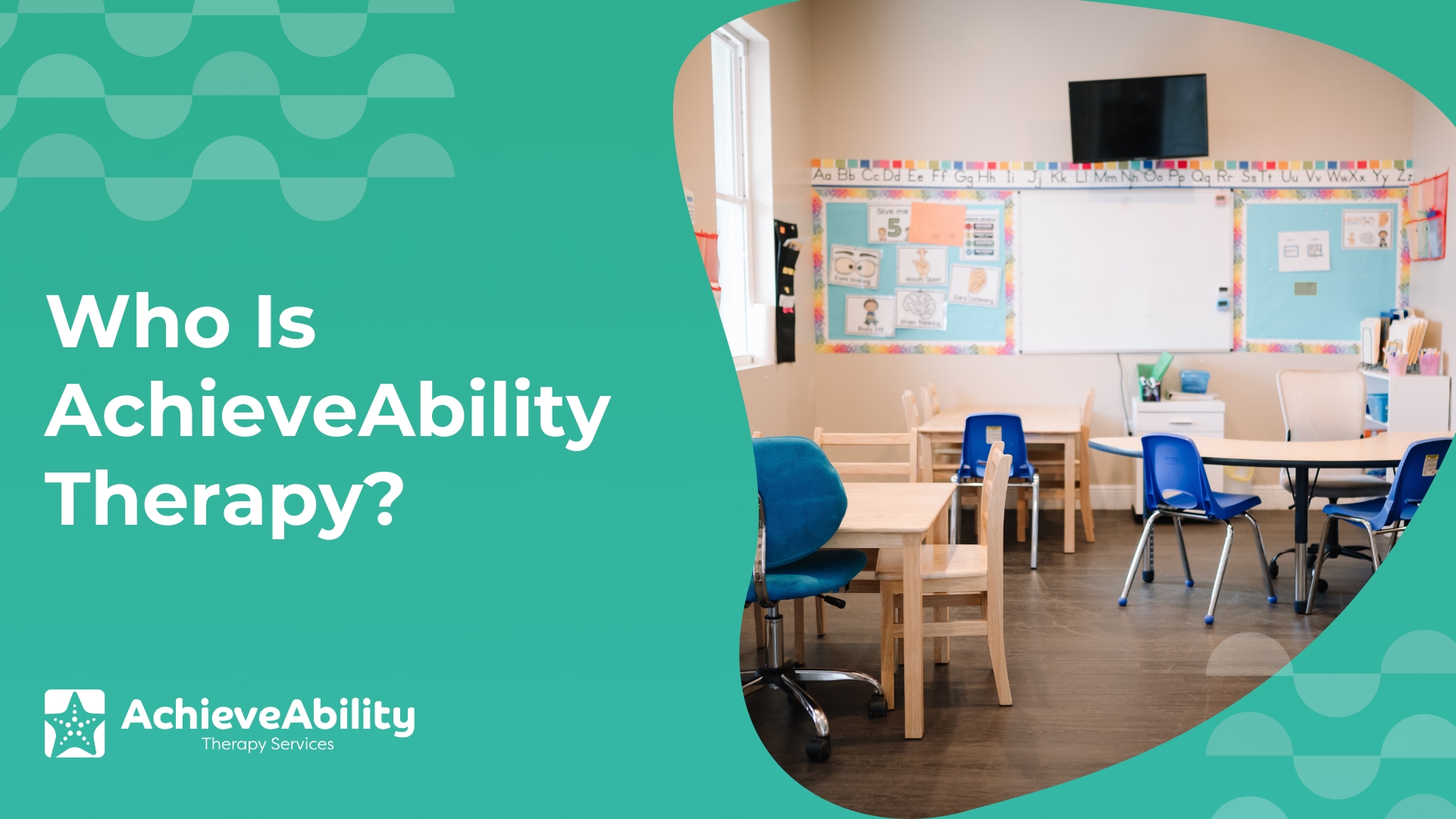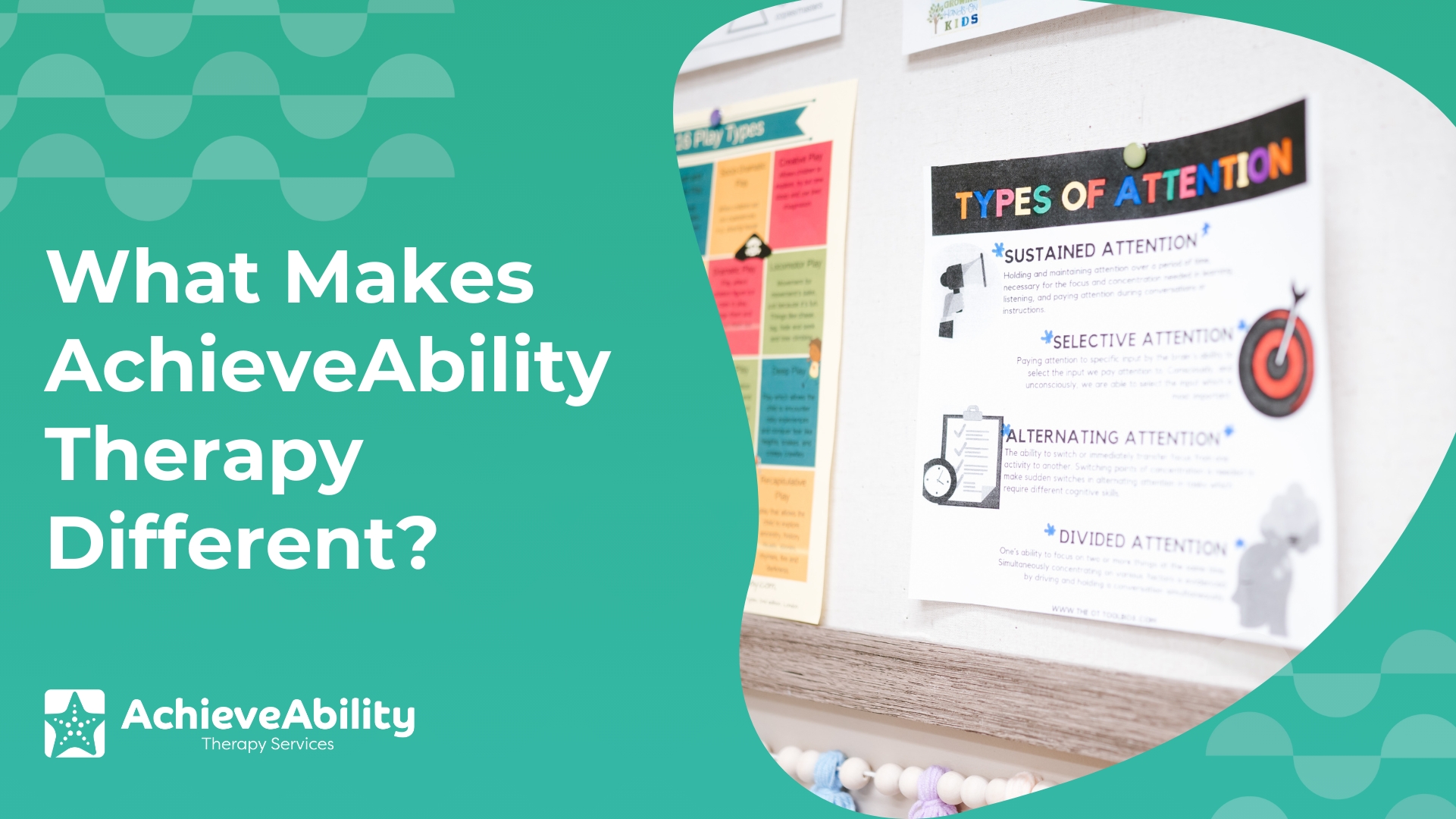Autism Spectrum Disorder (ASD) is a developmental disorder that impacts communication and behavior. While many people with ASD grow into adults with rich and independent lives, children face a difficult and daunting world where ASD often interferes with the social interactions others take for granted.
Children with ASD might, for example, have difficulty with direct eye contact. They might describe the very experience as scary or painful. Eye contact is just one common example. A child with ASD may have a tough time sustaining conversations with others, using gestures, and much more.
Social nuances that come easily to others – often as if through a form of “instinct” – often need to be learned in ASD through repetition. But repetition of real-life experience is not usually possible. Done correctly and with a healthy respect for the patient, ABA therapy has the potential to create a suitable learning environment.
Whether ABA therapy is deemed successful or not depends on the goals established for the patient. But one way to understand its success is that patients will be able to navigate stressful and unfamiliar social situations, even when they do not necessarily understand “why” things are as they are.
This provides them with skills they can generalize to other situations, instead of feeling the frustration of having to re-learn how to act in each individual new circumstance. That has the potential to make life easier for a child, the child’s family, and those supporting their success – such as teachers and other caregivers.
The Potential Benefits of ABA Therapy
ABA therapy has been studied for many decades. It originally arose from behaviorism, a psychological school of the early 1960s that examined the effects of the environment and training on animal behavior. Since then, its insights have been applied in many fields, including childcare and many others.
During the course of ABA therapy, rewards are used in appropriate ways to reinforce desired behaviors – all without having to explain or model those behaviors during the situation. Over time, children in ABA therapy become equipped with a range of socially appropriate responses for issues they’re likely to encounter.
When ABA therapy starts early, it can support children in becoming more independent explorers of their own world. They are less likely to be frustrated or “thrown for a loop” by unexpected events because they will be able to look back on past experiences and figure out what to do.
Every ABA therapy plan is personalized, but there are some clear general benefits:
1. Increased Social Ability
Every interaction a child has with their peers, teachers, and others is mediated by their social ability. With the right course of therapy, they can develop core skills that will serve them for the rest of life. This includes things like communication, completing tasks, and learning new skills.
2. Implementing Maintenance Behaviors
Children who are overwhelmed may seem to “act out” in ways that adults don’t necessarily understand. Many kids with ASD have sensory sensitivities relating to certain textures, sounds, bright lights, and so on. While not making these go away, therapy can help children with self-control and self-regulation to endure them better.
3. Transferring Learned Behaviors to New Environments
The world can be a very confusing place for young people with ASD. Things might constantly seem to be in motion, and social rules that adults rarely think twice about feel like they make no sense. Once a child has a strong basis in therapy, they have a toolkit of skills they can bring to the new and unfamiliar things in life.
4. Reducing Negative Behaviors
“Negative behaviors” aren’t simply those things adults might look down on, but the ones that really work against a child’s growth and well-being. One common example is self-harming behaviors such as hitting, clawing, hair-pulling, and so on. These and other “meltdowns” should be reduced by a successful course of therapy.
5. Overcoming Challenges in Appropriate Ways
ABA therapy can be challenging at first, and may even be experienced as uncomfortable by some children. A caring ABA therapist tailors the experience to the individual’s needs, creating opportunities that enable their growth. As a result, children can celebrate their successes when they do something that was once too hard.
With a compassionate, experienced team of professional therapists, ABA therapy is one way to help children better understand and find a place in the world that they’ve only just begun to meet. When it comes to those foundational social skills, an early start is best.
Want to discover ABA therapy? Contact us to learn more.







